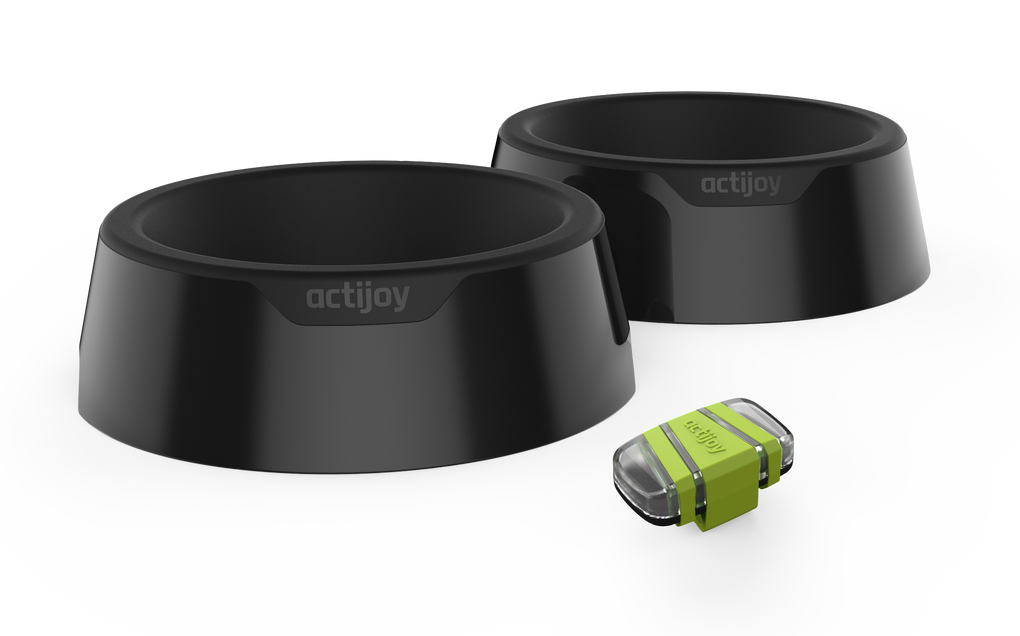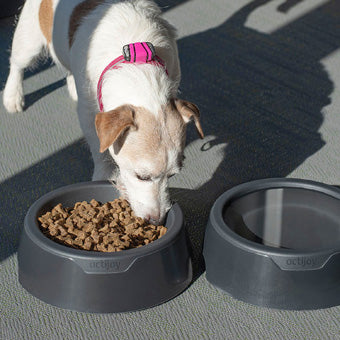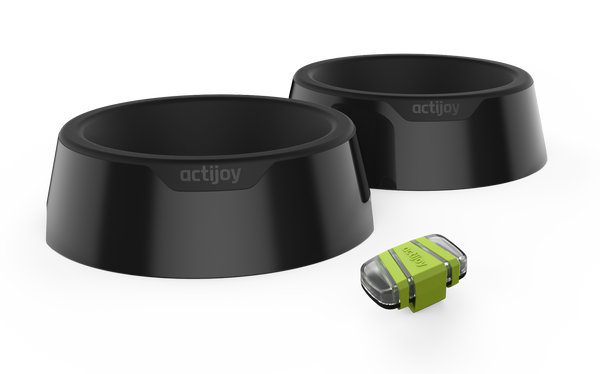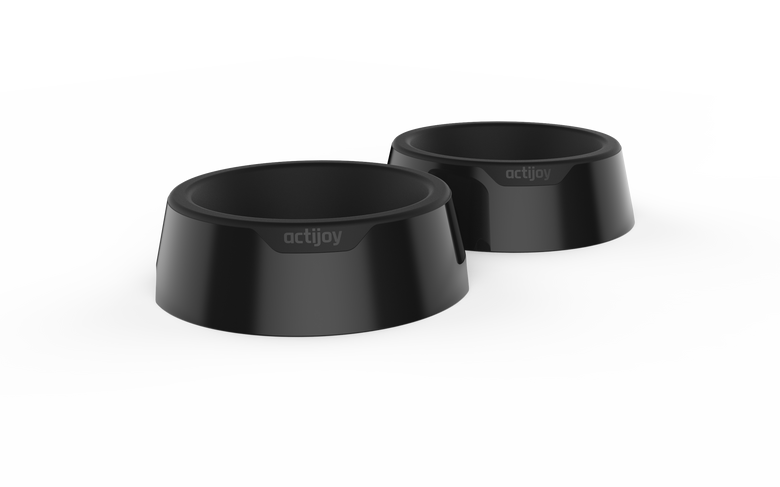Canine Cognitive Dysfunction
Canine cognitive dysfunction, also known as canine dementia, is discussed, including symptoms, diagnosis, and treatment for this neurological disorder.

Dogs and humans share a surprising number of similarities, from biology to brain chemistry. One example is the incidence of dementia as both humans and canines grow older. In the dog health realm, this disease has been termed Canine Cognitive Dysfunction (CCD) and is similar to Alzheimer’s disease in humans.
What is Canine Cognitive Dysfunction?
CCD is a disease most commonly seen in dogs older than 10 years of age. Physiologically, plaques accumulate in the brain which slows the dog’s mental capabilities causing symptoms such as confusion and senility. Every dog is susceptible to developing CCD; however, genetics plays a large role in the severity of symptoms in individual animals.
Signs and Symptoms of Canine Cognitive Dysfunction
The most common signs and symptoms of CCD include:
- Changes in behavior
- Loss of vision
- Loss of hearing
- Loss of sense of taste
- Confusion in familiar places
- Disorientation
- Wandering
- Staring into space
- Barking
- Anxiety
- Failure to recognize familiar animals, humans, objects
- Loss of interest in food/family
- Change in sleeping patterns
- Excessive licking
- Indoor urination/defecation
Diagnosis of Canine Cognitive Dysfunction
When observing changes in dog health, particularly when cognitive functioning may be impaired, it is important to schedule a visit with your veterinarian. There are several diagnostic tests to determine whether your dog has CCD.
First, the veterinarian will likely test your dog’s kidney, liver, pancreatic, and sugar levels. Since CCD has symptoms similar to tick-borne illness, a blood test will be performed to rule out the possibility of an underlying disease affecting your dog’s neurologic function. Similarly, a blood panel including an electrolyte count will be performed to ensure your dog isn’t showing symptoms of dehydration or electrolyte imbalance. Urine tests, thyroid tests, and an ECG may also be performed to test for other potential causes of impaired cognition. If these tests are all negative, CCD is likely.
Treatment of Canine Cognitive Dysfunction
While there is no cure for CCD, pet owners can improve symptoms or delay their progression. Drug therapy, such as Anipryl, can improve canine cognition, as well as improve the dog’s mood and slow symptom progression. Other recommendations include increased exercise, new stimuli (such as toys), antioxidant treatment, and mental stimulation.
Actijoy can help pet owners with dogs suffering from CCD by enabling them to better monitor their dog’s sleep cycles, activity levels, and water consumption. Logging changes to your dog’s behavior in the Health Book (found in the Actijoy app) can help your veterinarian better observe your dog’s disease progression. Since exercise is a key treatment for CCD, the Health & Activity tracker is an important tool to ensure your dog is receiving enough activity daily. While CCD can be a devastating diagnosis, monitoring of symptoms is an effective way to better control dog health!











